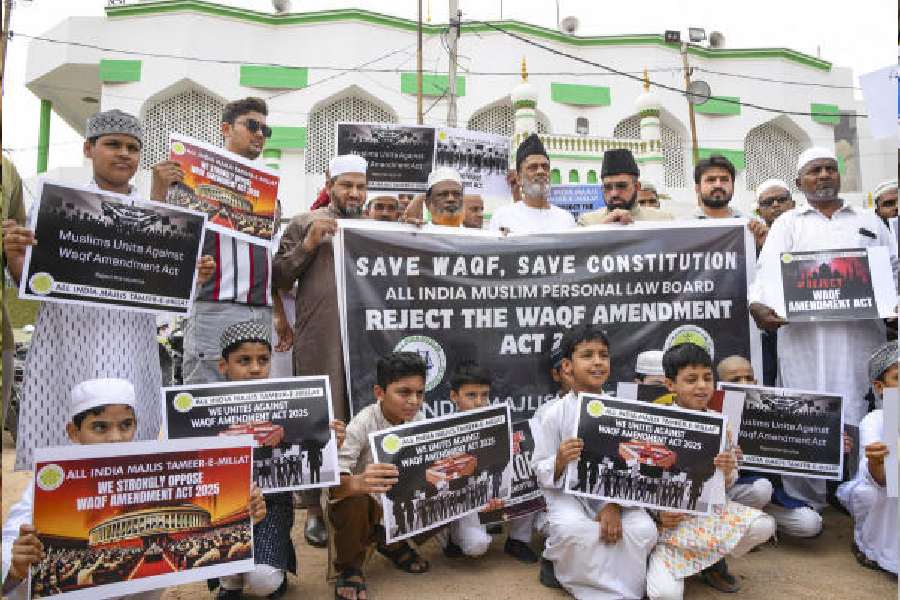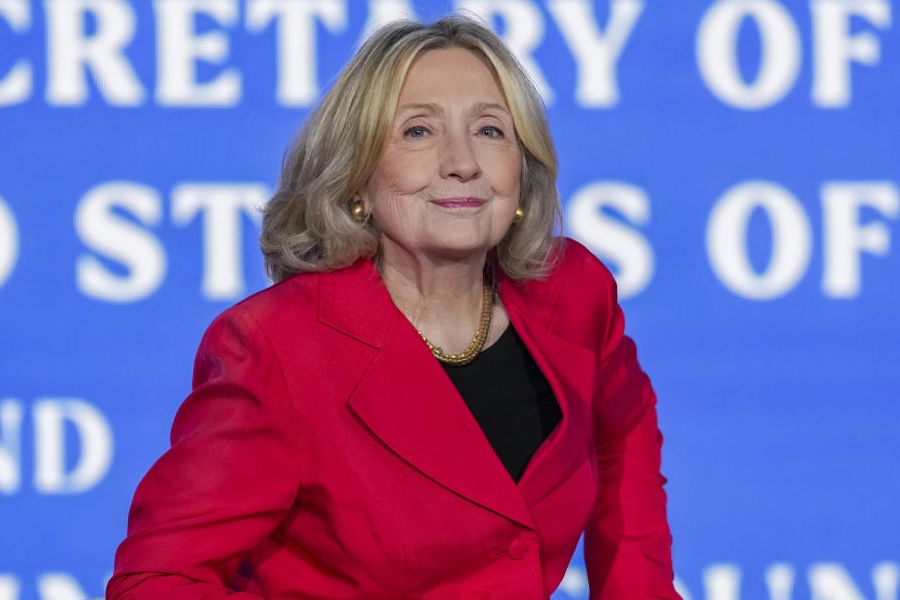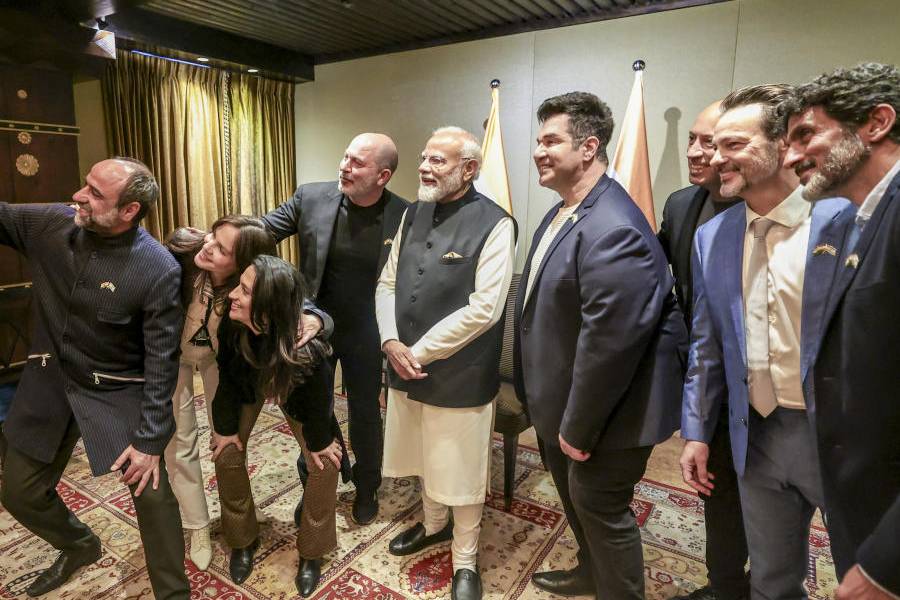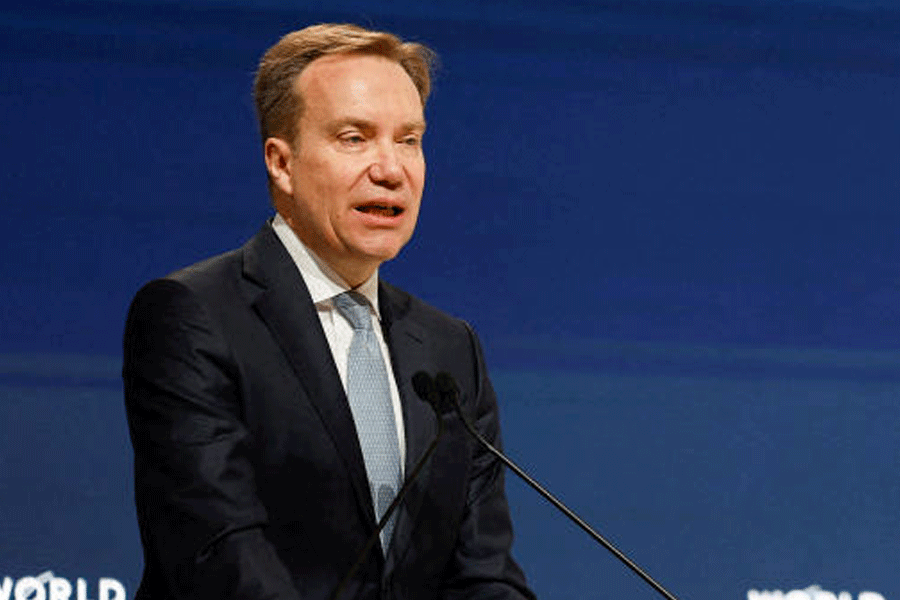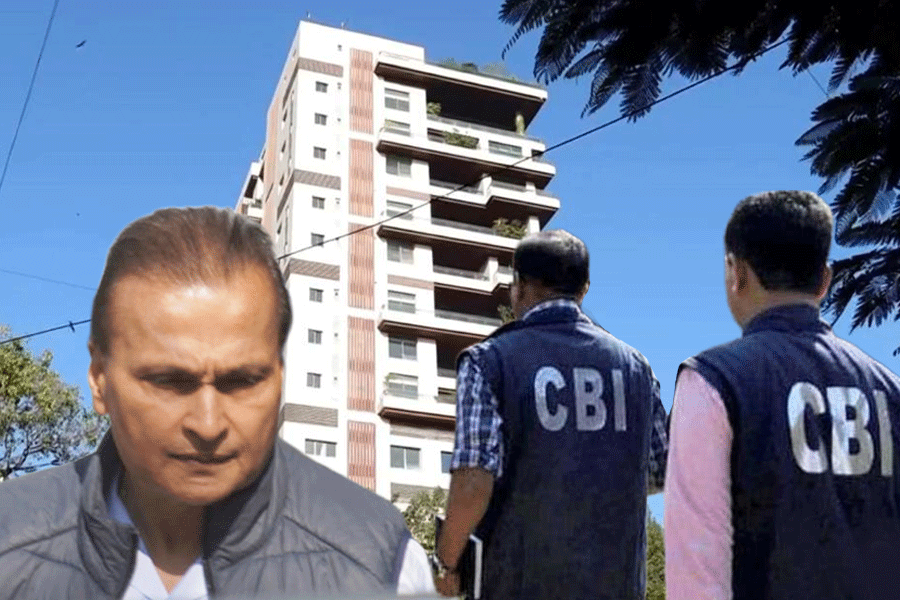The Centre on Friday defended the inclusion of non-Muslims in the Central Waqf Council and state waqf boards, telling the Supreme Court they made up a “microscopic minority” of members and that the management of wakf properties was a “secular” function not integral to Islam.
It defended the Waqf Amendment Act saying 20 lakh acres of government and private land had been freshly encroached on since 2013, marking a 116 per cent increase in designated waqf land.
The Centre had last week given the Supreme Court an undertaking not to appoint any non-Muslim to the council or boards, or change the character of the existing waqf ownerships, till the next hearing in May.
Earlier, hearing petitions challenging the new waqf law, the top court had expressed an inclination to stay these provisions, the main triggers for the protests against the amendments.
“There (has) been reported misuse of waqf provisions to encroach (on) private properties and government properties…. After the amendment brought in the year 2013, there is a 116% rise in auqaf area,” the Centre said in an affidavit on Friday.
It said that from before the Mughal era till 2013, “the total of wakfs created was 18,29,163.896 acres of land in India”, with another “20,92,072.536 acres” added after that, raising the total to 39.2 lakh acres.
It argued that the earlier law protected waqf properties in the face of serious complaints of land-grab and encroachments.
The affidavit said the registration of waqf property had been made mandatory since 1923, and yet several of these were never registered as individuals and organisations claimed private and government land as waqf, sometimes using the provision of “waqf by user”.
It said that according to data received by a joint parliamentary committee till September 5, 2024, some 5,975 government properties had been declared as waqf property.
The government underlined that the mandatory requirement of a “waqf deed” under the new Act applied prospectively. So, the “waqfs by user” registered before the amendment would continue to be treated as waqf.
“…No one can still insist (on the) ‘oral’ creation of waqf when no other document (sale deed, gift deed, will, etc) is permitted without written form,” the Centre said.
“…Requiring a valid waqf deed would also serve to reduce disputes… and at least after 2025, nobody can say from where they can be expected to produce documents.”
Non-Muslim members
The affidavit said: “It is submitted that Central Waqf Council Rules, 1998, and rules governing waqf boards in each state (to be made by
the state governments) can make suitable provisions… to deal with any contingency which may arise due to presence of non-Muslim members who are as such in ‘microscopic minority’.”
It added that “changes (to) the composition of the Central Waqf Council (which is only an advisory body) and the waqf board (which only supervises secular activities) do not impair the Muslim community’s rights under Article 26 (right to religious practices)”.
“…The State’s regulation of such endowments, including under the Waqf Act, the Hindu Religious and Charitable Endowments Acts, and public trust laws, is not a violation of religious freedoms or any principles of arbitrariness,” it said.
“No community can claim as of right the benefits of a statutory protection to its dedications while insisting that even the secular regulatory functions be limited to members of that community.”
The government referred to several apex court judgments, including one by a five-judge constitution bench, that had ruled that a waqf board is a secular body and not a representative body of Muslims.
It said that in many states, Hindu endowments and other general charities are wholly governed by the local laws on charities and trusts that deal with all communities in general.

